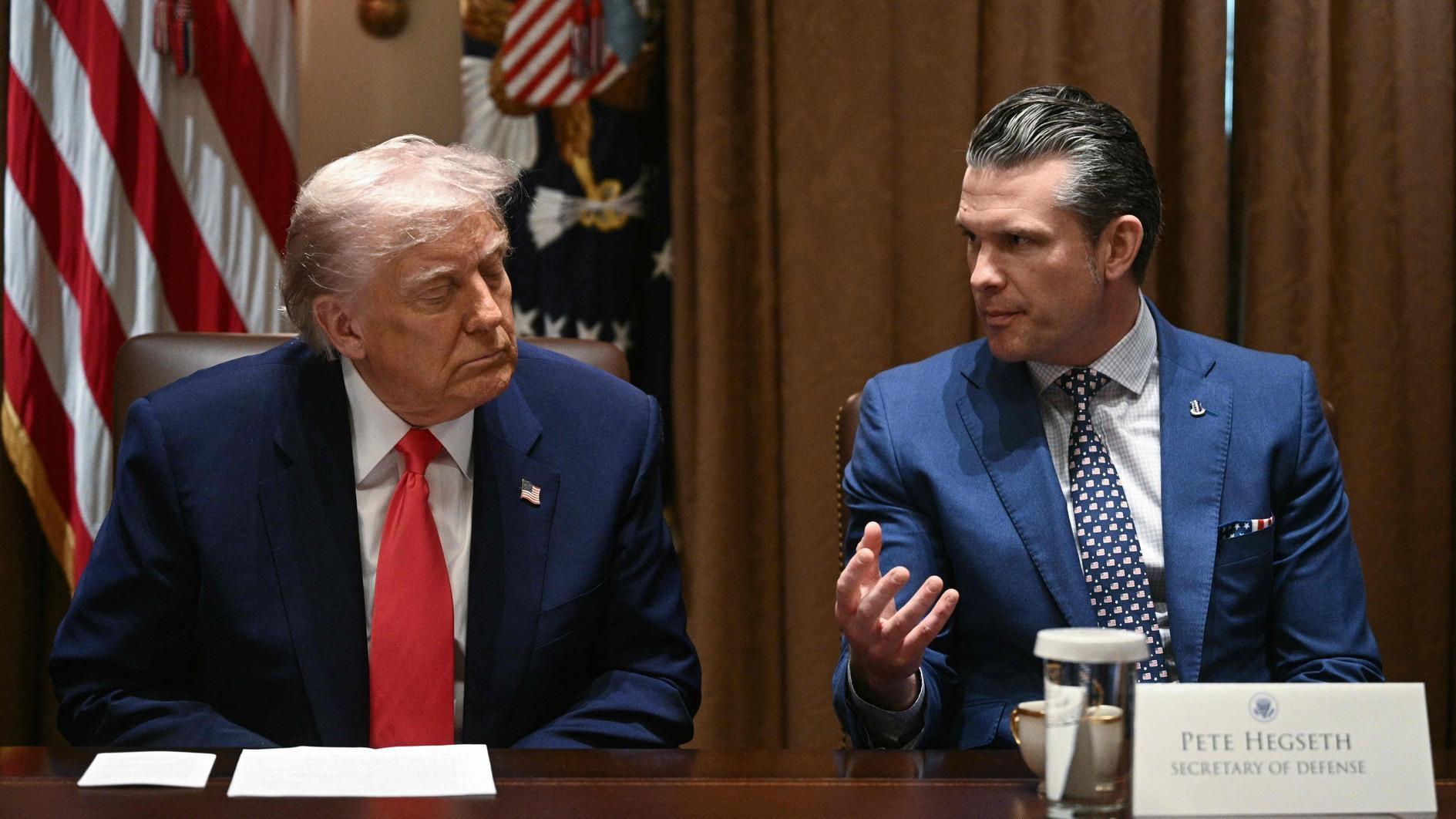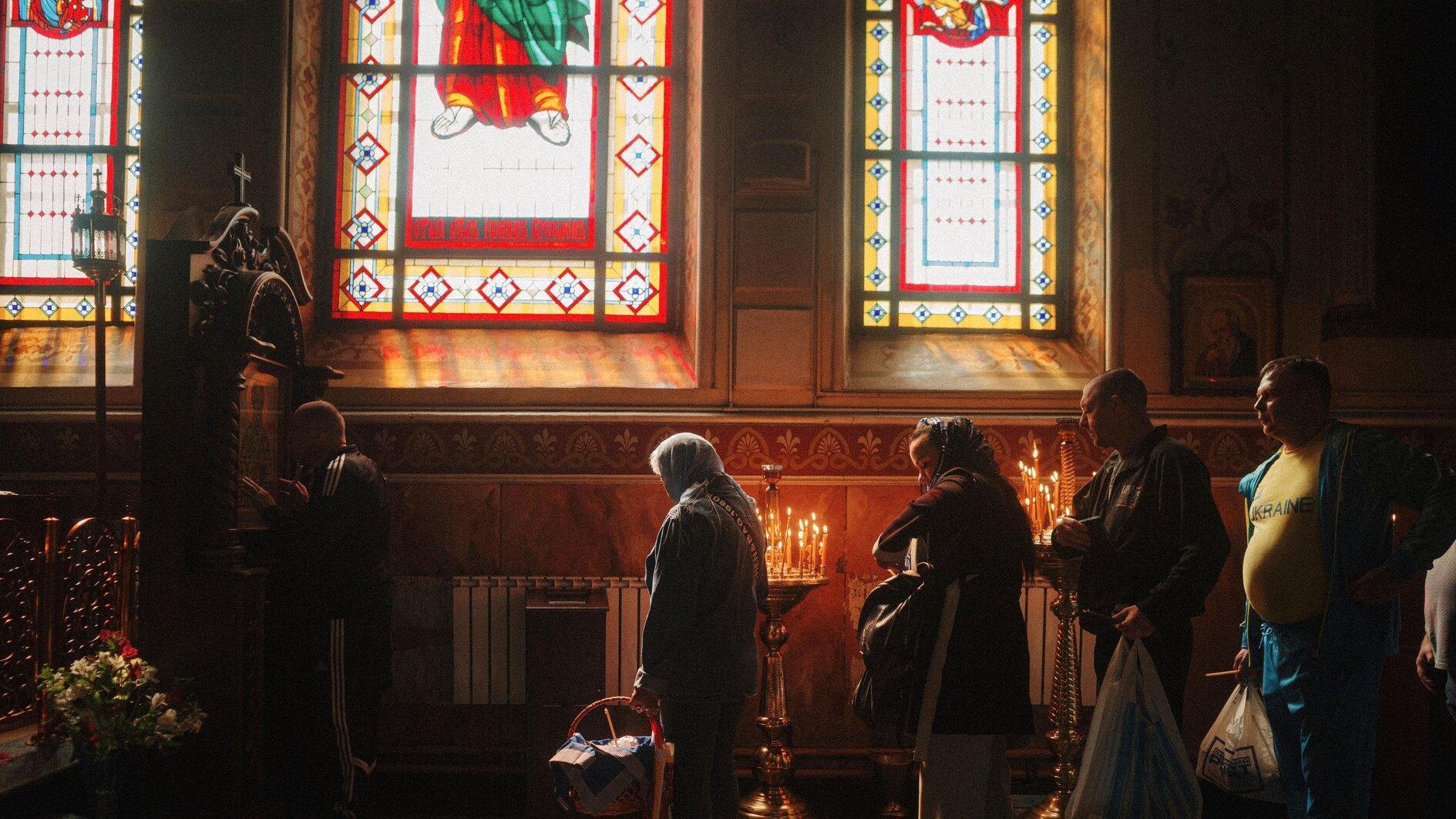The Scottish injustice
NEIL BERRY
Scotland’s former first minister, Alex Salmond, has often voiced contempt for the manner in which former British prime minister, Tony Blair, led Britain into war in Iraq on the basis of manipulated intelligence and secretive deliberations. Salmond’s boast is that, in contrast to the Machiavellian political establishment in London, his nation’s political culture stands for openness and democratic accountability.But would Scottish public life have become a model of transparency if Scotland had voted to quit the United Kingdom in this year’s referendum on independence? Does candour really come more readily to Scotland’s devolved government than it does to the UK government in London? Signs are not wanting that Scottish power is capable of being every bit as opaque and arbitrary as power in the British capital.
This December Scotland’s chief law officer, Lord Advocate Frank Mulholland, has brushed aside the multiple reasons for suspecting that the Scottish judiciary wrongfully convicted the late Libyan, Abdelbaset Al Megrahi of blowing up Pan Am Flight 103 over the Scottish town of Lockerbie on December 21, 1988, and killing 270 passengers, many of them Americans. There is, he bullishly declared, no evidence to cast doubt on Megrahi’s conviction.
In truth, there is an abundance of such evidence. The Scottish writers John Ashton and Morag Kerr have between them written three books that furnish solid grounds for believing that Megrahi suffered a monstrous miscarriage of justice when in 2001 he was sentenced to life imprisonment by a Scottish court convened in the Netherlands.
Ashton has demolished the credibility of the key prosecution witness, the Malta shopkeeper, Tony Gauci, who supposedly sold clothes to Megrahi that were wrapped round the bomb alleged to have been loaded onto a feeder flight from Malta to London via Frankfurt. Considered by one of the very trial judges to be in doubtful possession of his faculties, Gauci gave details of Megrahi’s age and appearance that were wildly at variance with the facts. Moreover, it was to transpire that Gauci and his brother Paul were paid $3 million by the US Department of Justice – an item of vital information damagingly withheld from Megrahi’s defence.
On top of all this, it has emerged that the bomb timer found at Lockerbie did not belong the batch of such devices sold to Libya by a Swiss firm and held by the prosecution to confirm Libyan culpability. There are also grounds for scepticism about whether the suitcase containing the Lockerbie bomb originated in Malta. In a compelling review of the evidence, Morag Kerr concluded that it was planted at London Heathrow where, not long before Pan Am 103 took off, there was a breach of airport security that has never yet been explained.
What above all makes Frank Mulholland’s re-affirmation of Megrahi’s guilt ring hollow is that in 2007, five years before the Libyan’s death, Scotland’s Criminal Cases Review Commission accepted that the issue deserved to be re-visited. Megrahi’s sentence was ready to be appealed when in 2009 he was diagnosed with terminal cancer and allowed, on compassionate grounds, to go home to his family in Libya. Almost certainly the verdict would have been that the case against him came nowhere near to satisfying the fundamental requirement of Western justice that guilt be established ‘beyond reasonable doubt’.
It is far from being of mere incidental interest that Frank Mulholland formally re-affirmed Scottish belief in Megrahi’s guilt while attending a 26th Lockerbie anniversary memorial service in Washington. The suspicion is hard to escape that the enduring official resistance to re-opening the Megrahi case is bound up with fear in Scottish high places of re-kindling the venomous US outrage that was ignited in 2009 when Scotland freed a ‘terrorist’ who looms large in American demonology.
Mulholland assured his American audience that Scottish justice has ‘no sell-by date’ and that despite current turbulence in Libya the Scottish authorities would continue to pursue Megrahi’s accomplices. Yet what could be more grotesque than for a senior law officer to speak of justice in the language of the supermarket! Mulholland’s choice of expression is all the more crass considering that in this instance, far from having no sell-by date, Scottish justice appears to have been sold with indecent haste.











